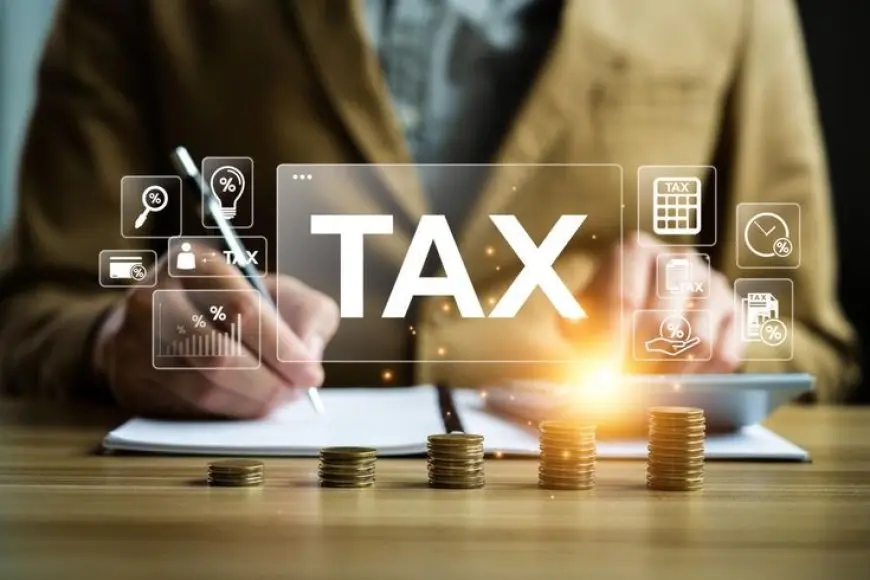Understanding Taxes for Small Business Owners
Understanding Taxes for Small Business Owners

Understanding Taxes for Small Business Owners
Taxes are an essential part of running a small business, yet they can often feel overwhelming, especially for new entrepreneurs. Understanding the basics of taxes and planning effectively can save you time, money, and stress, while also ensuring compliance with the law.
As a small business owner, your first step is determining your business structure, as this impacts how you are taxed. Common structures include sole proprietorships, partnerships, limited liability companies (LLCs), and corporations. For example, sole proprietors report business income on their personal tax returns, while corporations file separate tax returns. Each structure has unique tax implications, so choosing the right one for your business is critical.
Knowing the types of taxes your business is required to pay is equally important. Federal income tax is a primary obligation for most businesses, but there are other taxes to consider, such as self-employment tax, payroll tax, and sales tax. If your business sells products or provides taxable services, you may also need to collect and remit sales tax to your state or local government. Understanding these requirements helps you avoid penalties and keeps your business running smoothly.
Keeping accurate financial records is essential for calculating and filing taxes correctly. Maintain detailed records of your income, expenses, and receipts throughout the year. Many small business owners use accounting software to simplify this process and generate reports for tax purposes. Organized records not only make tax filing easier but also help in case of an audit.
Taking advantage of tax deductions and credits can significantly reduce your tax liability. Common deductions for small businesses include office expenses, travel costs, advertising, and employee wages. Home-based businesses can often deduct a portion of home office expenses. Tax credits, such as those for hiring veterans or investing in energy-efficient equipment, can also provide substantial savings. Consult a tax professional to ensure you’re not missing out on potential benefits.
It’s crucial to stay on top of estimated tax payments if your business income isn’t subject to withholding. The IRS requires quarterly payments to cover your expected tax liability for the year. Missing these deadlines can result in penalties and interest charges. Set reminders or automate payments to ensure you remain compliant.
Understanding your tax obligations also means being aware of potential changes in tax laws. Tax regulations can vary significantly by jurisdiction and evolve over time. Staying informed, either through regular research or working with a tax advisor, helps you avoid surprises and adapt your tax strategy as needed.
Finally, consider working with a qualified tax professional. While it’s possible to handle your taxes independently, a professional can provide expert advice tailored to your specific business, maximize deductions, and ensure compliance with complex regulations. This investment often pays for itself in time and savings.
In summary, taxes don’t have to be intimidating for small business owners. With a solid understanding of your obligations, organized financial records, and a proactive approach to planning, you can navigate tax season with confidence and focus on growing your business.







